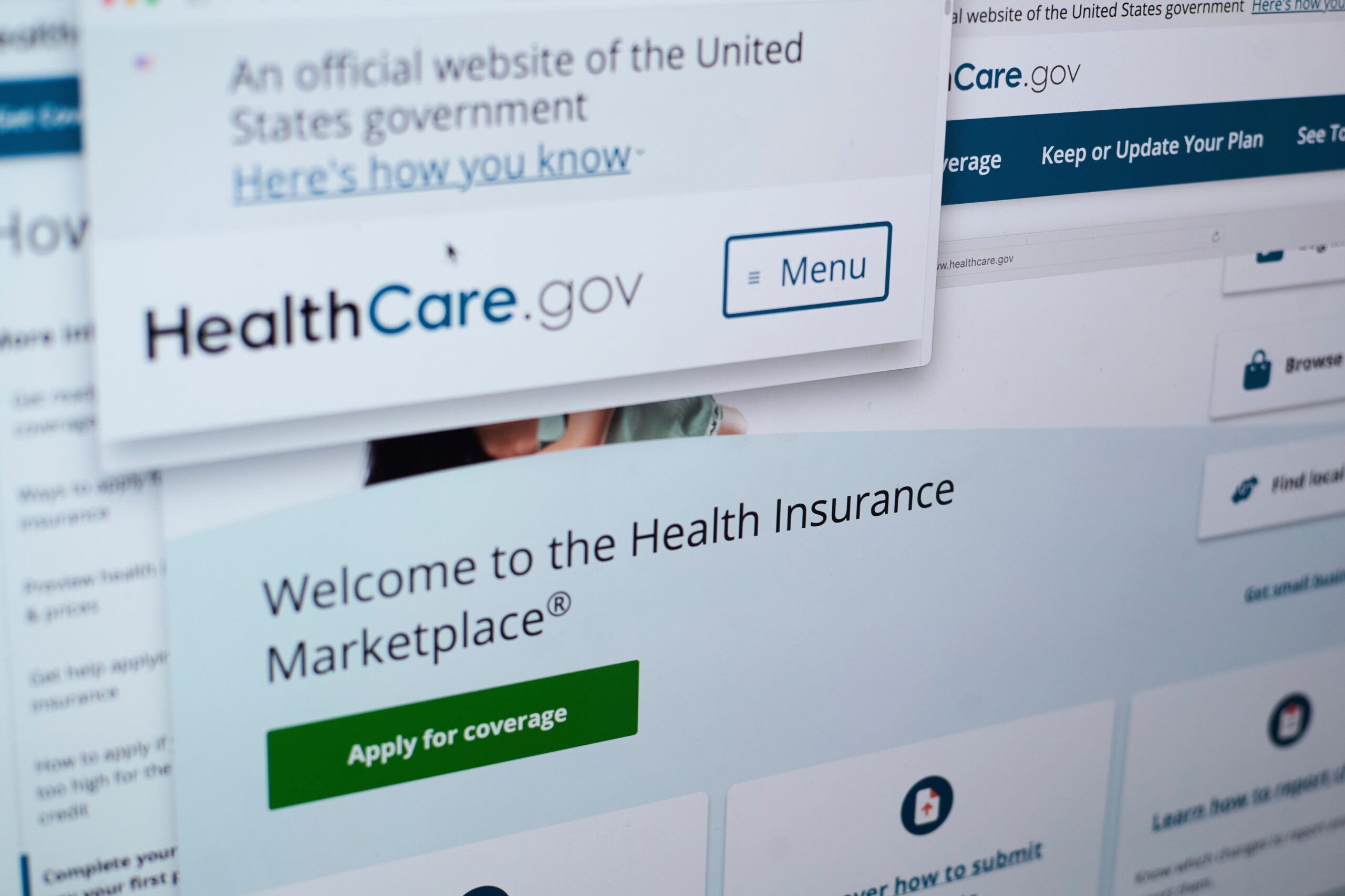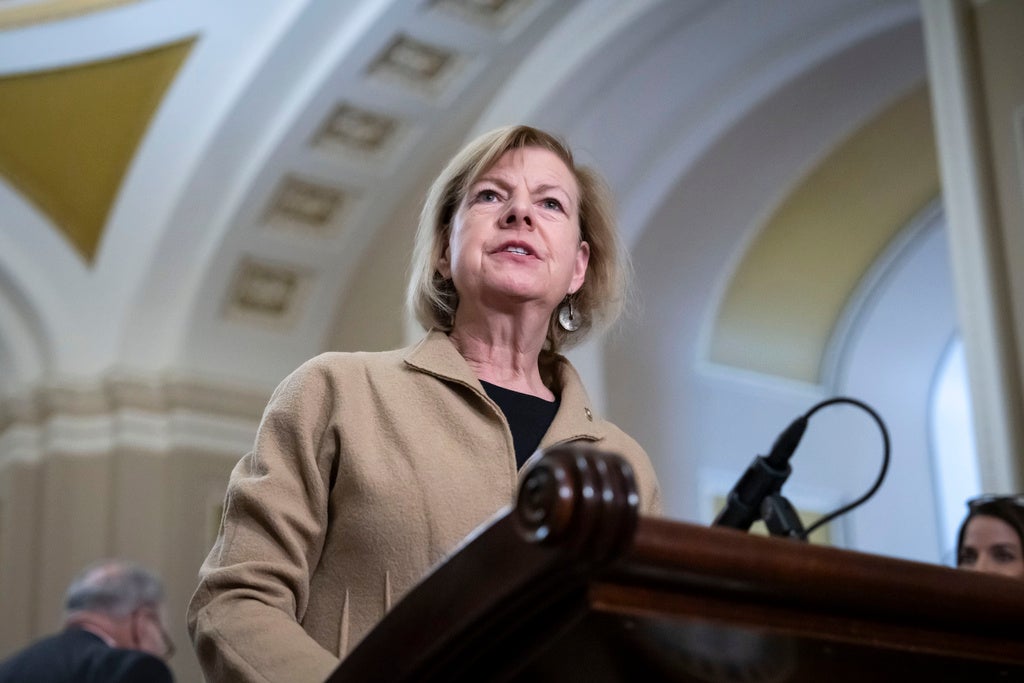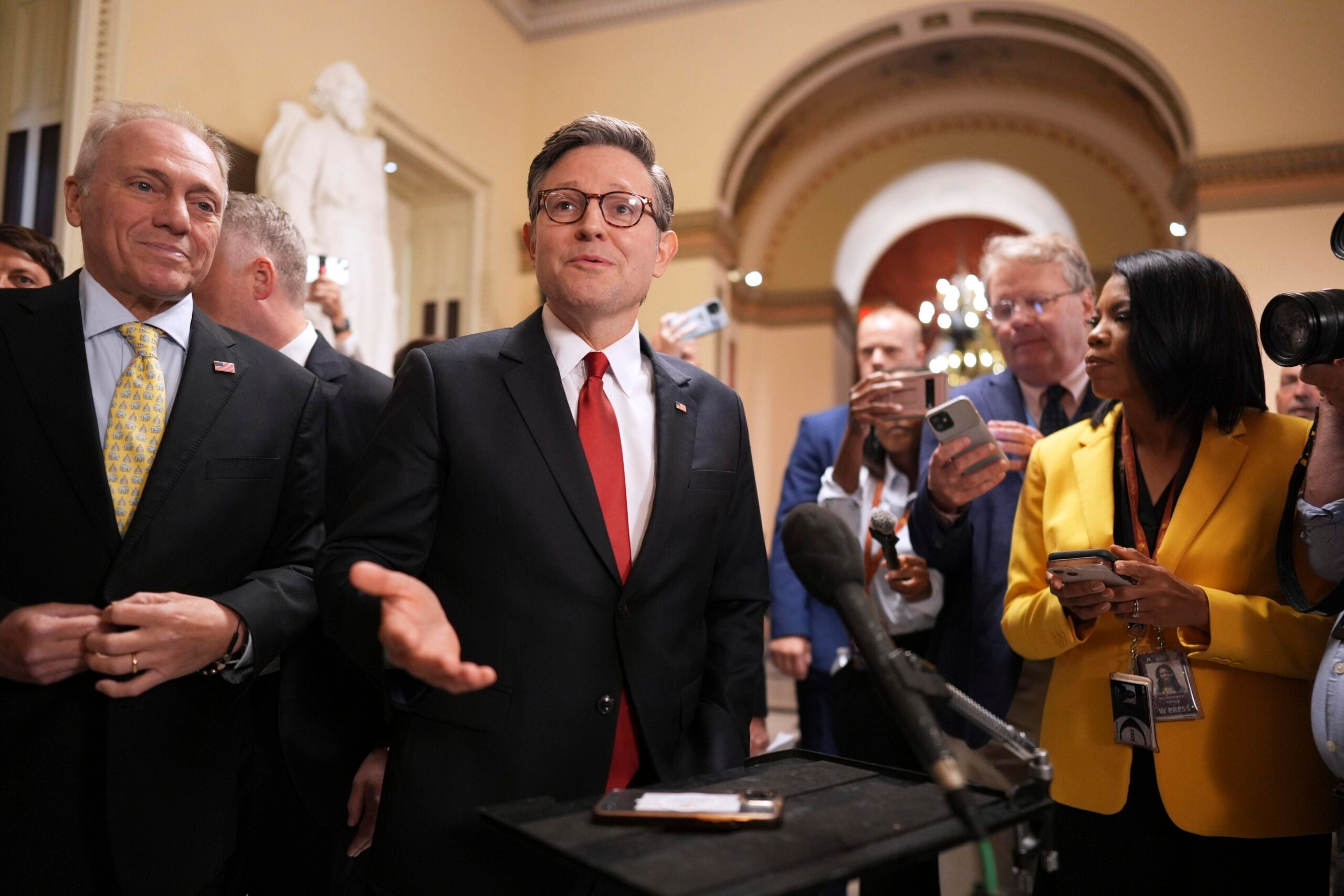Wisconsin’s Group Insurance Board will seek bids in July for a company to manage a possible self-insurance program.
If officials move ahead with the plan, it would pay health costs for state workers directly. In the meantime, the board is getting feedback from current health insurers concerned about market disruption and questions from board members.
At a meeting this week, board member Michael Farrell said he wanted to make sure they get enough information to make a decision.
News with a little more humanity
WPR’s “Wisconsin Today” newsletter keeps you connected to the state you love without feeling overwhelmed. No paywall. No agenda. No corporate filter.
“So far in the (request for proposal), you talked about access, disruption and pricing and I’m just curious when we’re going to talk about what about quality of care issues?” he said.
Board member Michael Heifetz responded that quality concerns will be addressed in the process.
“I think it often is assumed, but high quality should not be assumed. So, I think that’s something some of us will be watching closely,” Heifetz said.
State officials could move to a self-insurance program as early as 2018.
The Wisconsin Association of Health Plans opposes the proposal and predictions of potential savings vary widely. One consultant predicted the state could even lose $100 million a year.
As the state considers paying its workers’ health care costs directly, there are concerns about disrupting the current health care market, but Heifetz said that’s already happening.
“I do have some issues withe the term disruption. While there may not be a better term, it is poor nomenclature as there are numerous other things going on that one could call far more disruptive,” he said.
He said the Affordable Care Act has changed Wisconsin health care market, along with mergers and acquisitions of health providers.
Officials with the Wisconsin Association of Health Plans said that if the state pares down to only one or two insurers, it would hinder competition and reduced choice for consumers.
Wisconsin Public Radio, © Copyright 2025, Board of Regents of the University of Wisconsin System and Wisconsin Educational Communications Board.







